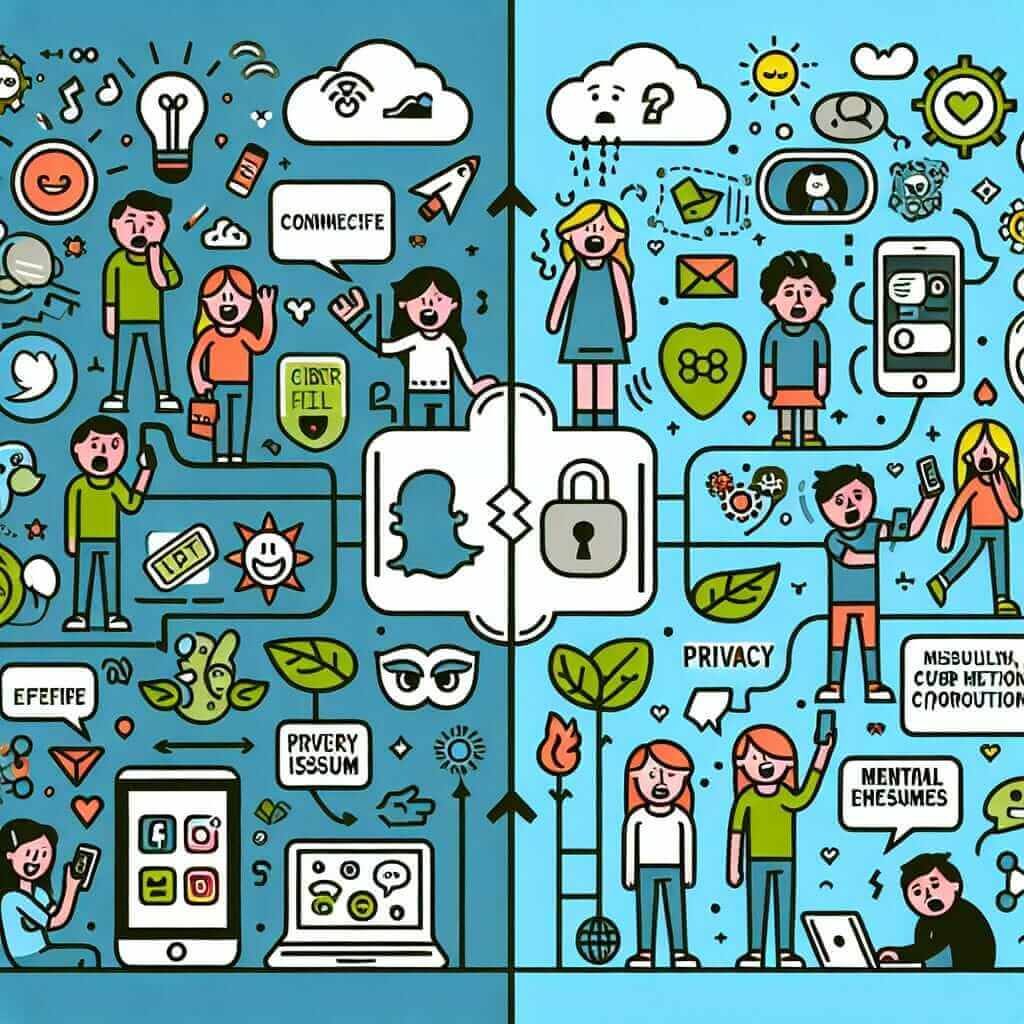As an IELTS instructor with over 20 years of experience, I often get asked by students about the importance of pre-reading strategies. One key strategy that frequently comes up is predicting content. This might seem like a small step, but trust me, it can significantly impact your reading comprehension and ultimately, your IELTS reading score.
Understanding the Power of Prediction
Predicting content before diving into an IELTS reading passage is like looking at a map before starting a journey. It provides you with a sense of direction and helps you navigate the text more effectively. Here’s why it’s crucial:
1. Activating Prior Knowledge
When you look at the title, headings, images, or even the first few sentences of a passage, your brain automatically starts connecting this new information with what you already know. This process of activating prior knowledge creates a framework for understanding new ideas presented in the text.
2. Identifying Key Themes and Ideas
Predicting encourages you to think about the overall message of the text. What is the author trying to convey? What kind of information are you likely to encounter? By asking yourself these questions, you can anticipate the key themes and ideas that will be discussed.
3. Improving Focus and Concentration
Knowing what to expect helps you stay focused while reading. Instead of getting bogged down by unfamiliar vocabulary or complex sentence structures, your brain is actively searching for information to confirm or refute your initial predictions.
How to Predict Content Effectively
Now that you understand why predicting is important, let’s explore some practical ways to implement this strategy:
1. Scan the Text Quickly
Don’t start reading word-for-word immediately. Take a moment to scan the title, headings, subheadings, any visuals (graphs, charts, pictures), and even the first sentence of each paragraph.
2. Look for Keywords
Pay attention to keywords that stand out. These words often give clues about the main topic and supporting details.
3. Ask Yourself Questions
Based on the information gathered from scanning, start formulating questions about what you expect to learn from the text. For example, if the title is “The Benefits of Bilingualism”, you might ask yourself: What are some of the benefits? Who benefits from being bilingual?
4. Make Educated Guesses
Don’t worry about being 100% accurate with your predictions. The goal is to actively engage with the text and start thinking critically about its content.
Example from an IELTS Reading Passage
Let’s imagine you encounter a passage titled “The Impact of Social Media on Communication”. By scanning the title, you can predict that the passage will discuss:
- How social media has changed the way we communicate
- Both positive and negative effects of social media on communication
- Different types of social media platforms and their impact

With these predictions in mind, you’ll be more alert to specific details and examples related to these themes as you read the passage.
Tips for Success
- Practice regularly: Make predicting a habit every time you read, not just during IELTS practice.
- Don’t spend too much time: Limit your prediction phase to a minute or two.
- Be flexible: Don’t be afraid to adjust your predictions as you read and gain a deeper understanding of the text.
Remember, predicting content is not about guessing the exact words or details in the passage. It’s about activating your prior knowledge, anticipating the main ideas, and improving your overall reading comprehension. By implementing this simple yet powerful strategy, you’ll be well-equipped to tackle the IELTS reading section with confidence.